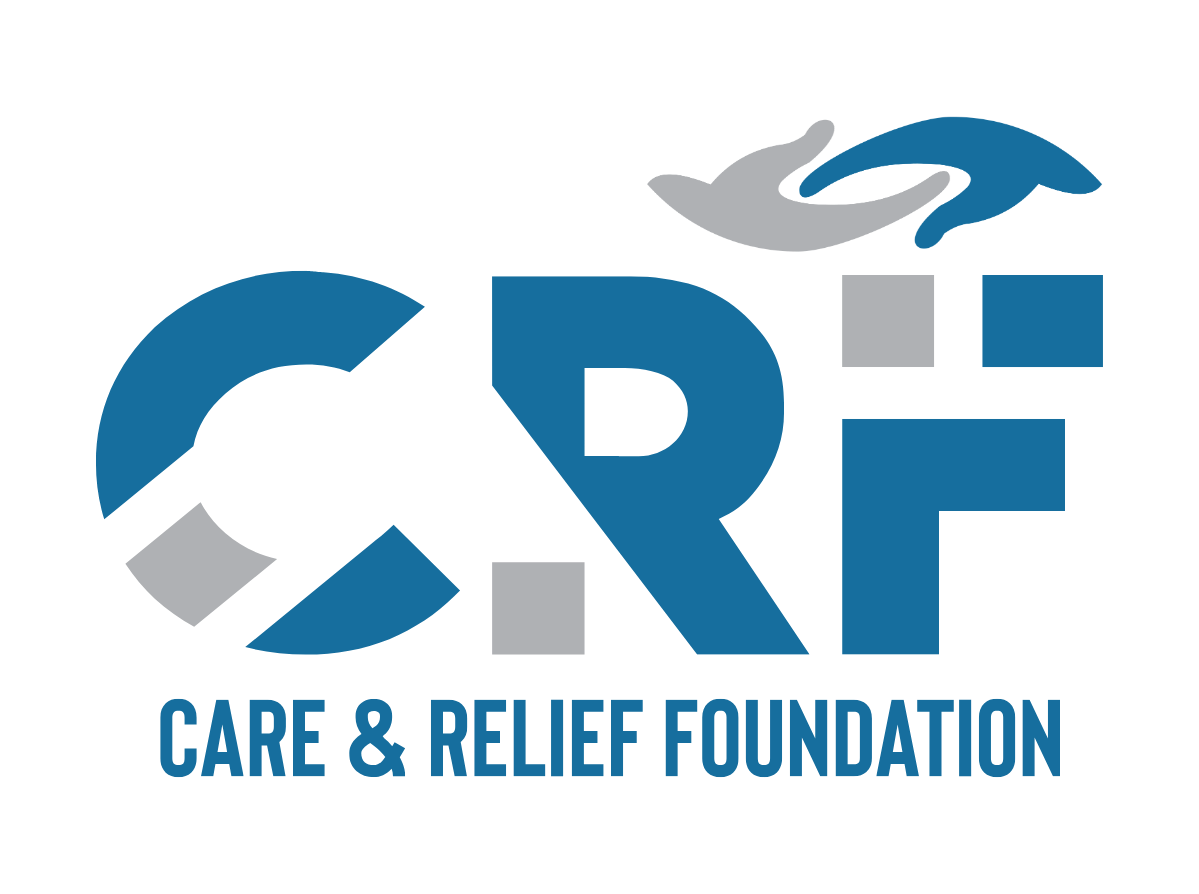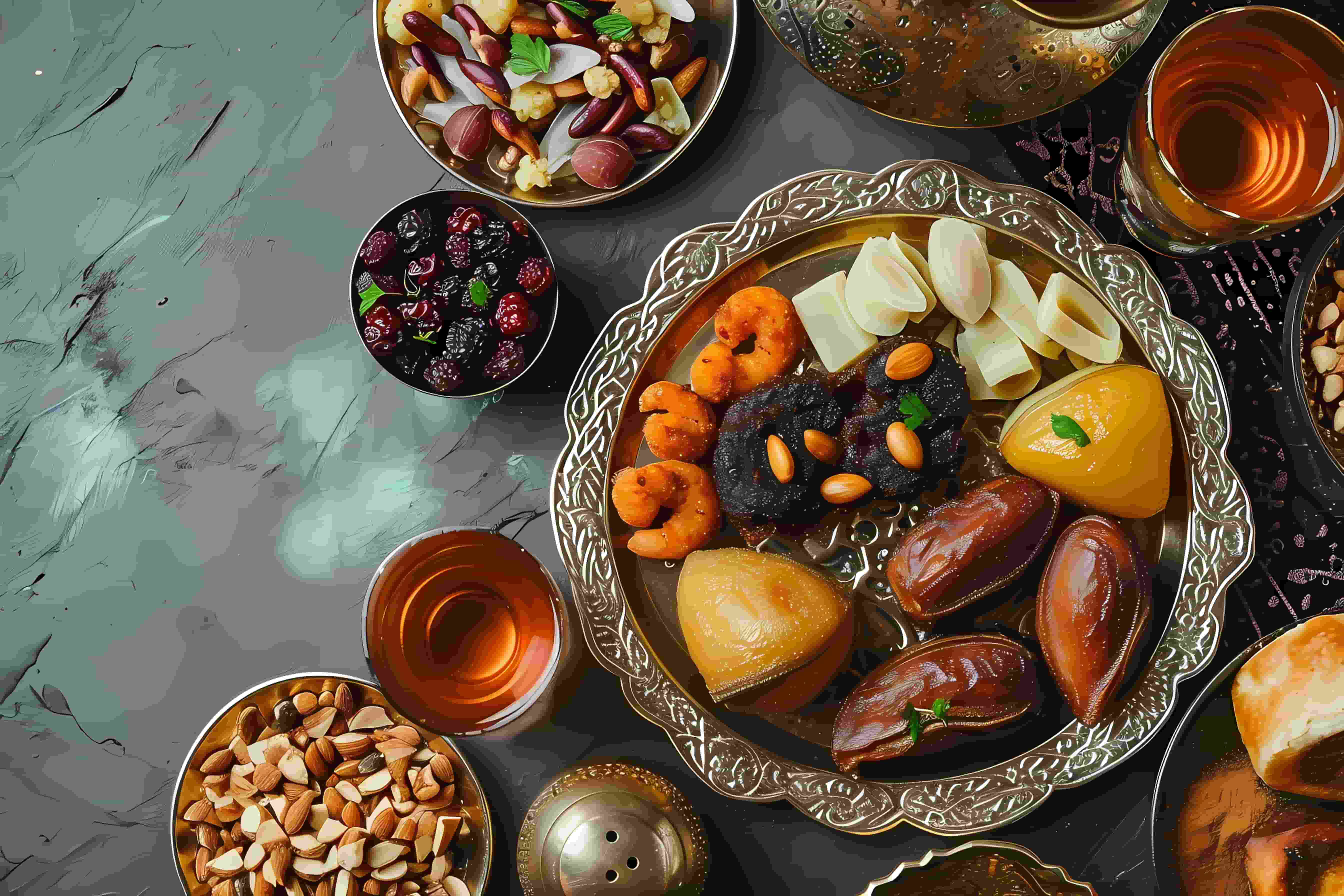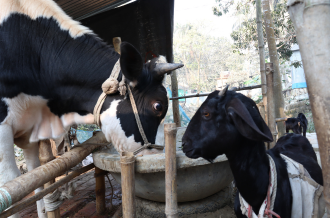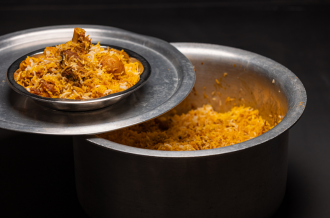November 28, 2023
By: admin
Healthy Meal Ideas for Suhoor
Healthy Meal Ideas for Suhoor
Healthy Meal Ideas for Ramadan
Ramadan is a time of spiritual reflection and fasting, but it’s also essential to maintain your health with balanced meals. Start your suhoor with nutrient-dense options like whole grains, fruits, and proteins to sustain energy throughout the day. For iftar, break your fast with dates and water, followed by a moderate meal rich in vegetables, lean proteins, and healthy fats.
Avoid overeating and opt for wholesome ingredients to nourish your body while fulfilling this sacred obligation. Prioritizing health allows you to focus on worship and giving back to those in need. Healthy Food For Ramadan
During Ramadan, it’s important to nourish your body with balanced, wholesome meals. Choose foods that provide sustained energy, like complex carbohydrates, lean proteins, fruits, and vegetables. Avoid overly processed or sugary foods that can cause fatigue and dehydration. By prioritizing healthy eating at Suhoor and Iftar, you not only care for your body but also maintain the strength to focus on your spiritual practices and support those in need.
Healthy Food for Suhoor in Ramadan
Suhoor, the pre-dawn meal, prepares the body for fasting throughout the day. Choosing nutritious options for Suhoor during Ramadan can help you fast comfortably and focus your heart and mind on Allah (SWT).
This meal holds significant religious value, as it includes the intention to fast, a key part of the practice. Additionally, Suhoor falls in the last third of the night, a blessed time for prayer, Du’a, and seeking Allah’s forgiveness.
Healthy Food for Iftar in Ramadan
In Arabic, “Iftar” means “to break,” marking the meal when Muslims end their daily fast. This moment holds great significance as it signifies fulfilling the day’s obligation to Allah (SWT). Traditionally, Muslims break their fast with dates, following the practice of Prophet Muhammad (SAW) during the first Ramadan.
The Health Benefits of Fasting
Fasting during Ramadan offers not only spiritual benefits but also numerous health advantages, such as better blood sugar control, disease prevention, improved metabolism, delayed aging, and support for weight management. To fully enjoy these benefits, it’s essential to choose nutritious foods for both Suhoor and Iftar. Eating healthily and in moderation ensures you maintain the spiritual and physical rewards of fasting. What to Eat in Ramadan Iftar A healthy Iftar meal is typically divided into two parts. Start by breaking your fast with one or two dates, followed by a glass of water and a light soup or yogurt. Avoid ready-made or cream-based soups, as they are high in calories and sodium, which can cause discomfort. This makes up the first part of the Iftar meal.
The second part should include a good source of protein, such as beans, fish, chicken, or meat, along with carbohydrates and vegetables. This balanced approach helps replenish your body after fasting without overindulging, which could reduce the benefits of the fast. What healthy foods to include in Suhoor during Ramadan? A healthy Suhoor should include nuts, fruits, vegetables, complex carbohydrates, and a source of protein. These foods provide slow-releasing energy, helping sustain the body throughout the fast. It’s important to avoid foods that can increase fatigue, thirst, and hunger, as they may make it harder to complete the fast.
Healthy Recipes for Ramadan
Creating healthy Ramadan recipes can be challenging, but with Care and Relief Foundation, it’s made easy. You can also support our appeals to ensure those in need have access to Iftar and Suhoor.





